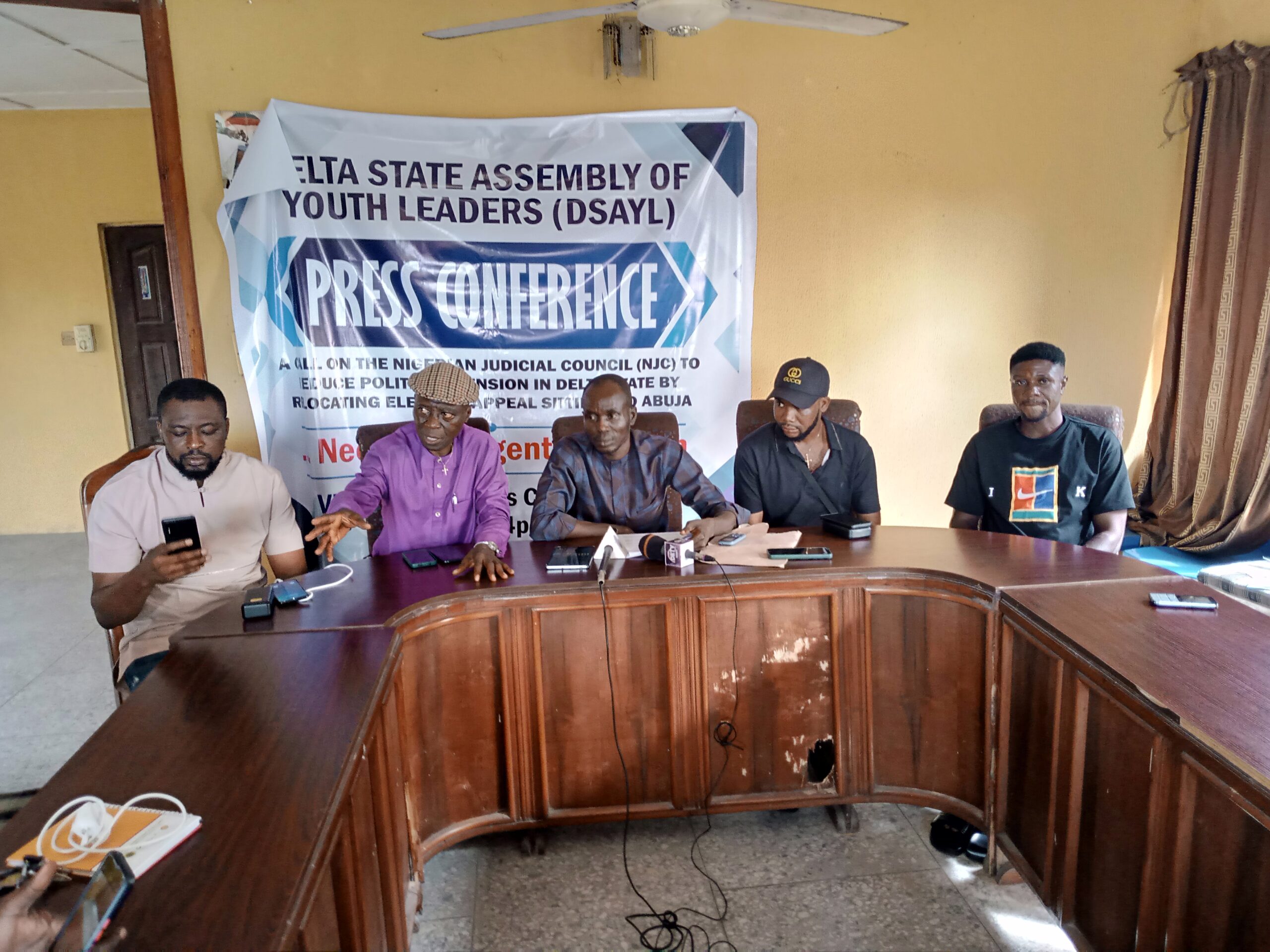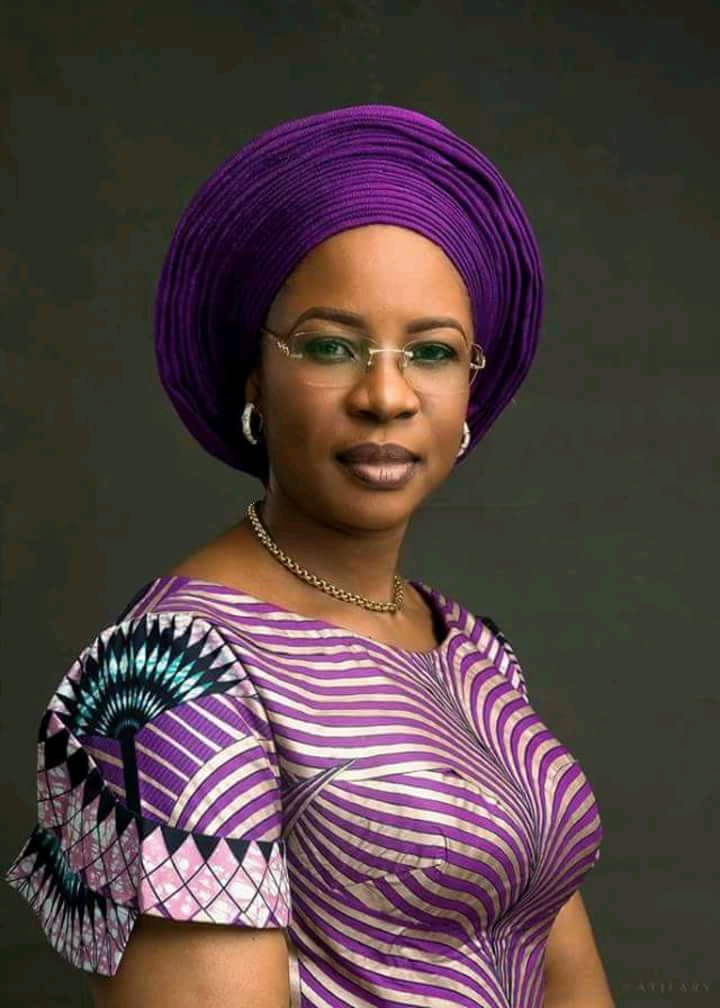

By Zik Gbemre
With recent reports that the new Nigerian Gas Flare Commercialization Programme (NGFCP), initiated by the President Muhammadu Buhari-led Federal Government will monetize the volume of gas flared in Nigeria’s oil fields, and is expected to ensure that wasteful practice ceases to exist in the country within three years from when it becomes operational, we strongly believe this is a very worthy venture that should be encouraged by all stakeholders in the industry and the relevant Federal Government authorities, to see that it becomes a reality.
All that we are urging the President Muhammadu Buhari-led administration, is that its NGFCP initiative should not end up on paper or in the book shelves like we have witnessed with past administrations. But rather, President Buhari, as the sitting President, as well as the Honourable Minister of State for Petroleum Resources, Dr. Ibe Kachikwu, should ensure that its ongoing Gas Flare Commercialization, which will liberalize the development of the nation’s gas sector, actually becomes a ‘reality’. And like we have advised before now, the Federal Government should ensure that not even its agencies like the Department of Petroleum Resources (DPR), should stand as a bottleneck to the prompt realization of this objective as intended by the Federal Ministry of Petroleum Resources. In other words, the Federal Government should invest all that is required on this neglected aspect of the nation’s gas sector to make a reality, as planned within the next three years.
According to the recent report as published on March 27, 2019, it was noted that, “besides its expected environmental impacts on the oil-bearing Niger Delta region, the programme according to its operation’s officer, Mr. Justice Derefaka, was equally estimated to contribute about $1 billion to Nigeria’s Gross Domestic Product (GDP), while providing up to 300,000 direct and indirect jobs as well as unlocking about 600,000 metric tonnes (mt) of Liquefied Petroleum Gas (LPG) to be supplied to six million Nigerian homes.
Providing an update on the progress of the programme upon the March 22 cut-off date for submission of Expression of Interest (EoI) and issuance of Request for Qualification (RfQ) package for its first bid round to be conducted, Derefaka, noted that about 700 bids had so far been harvested, and that the opening of the Statements of Qualification (SOQs) will follow next. “The NGFCP is designed as the strategy to implement the policy objectives of the federal government for the elimination of gas flares from Nigeria’s oil and gas fields in the near term (2-3 years), with potentially enormous multiplier and development outcomes for Nigeria. In his words: “It is also designed as the contribution of the petroleum sector to Nigeria’s Intended Nationally Determined Contributions (INDC) under the Paris Agreement (COP21). It is an approach to eliminate gas flaring through technically and commercially sustainable gas utilisation projects developed by competent third-party investors who will be invited to participate in a competitive and transparent bid process. The commercialization approach has been considered from legal, technical, economic, commercial and developmental standpoints. And it is a unique and historic opportunity to attract major investment in economically viable gas flare capture projects whilst permanently addressing a 60-year environmental problem in Nigeria.”
According to him: “Third party investors are to access and utilise flared gas that is currently being sent to flare and convert same into Flare-Gas-to-Market-Products (FG-2-MP) and demonstrate project development experience and proven technology in commercial application. The NGFCP is also designed as an important climate change action plan for the nation. And, it is the first market driven program undertaken on this scale globally. Bidders will have flexibility of choosing which flare sites to bid for, the gas price, and the end market or gas product, as well as the technology to be used.”
Consistent with Nigeria’s commitments for reduction of greenhouse gas (GHG) under the Paris Climate Change Agreement, Derefaka, stated that the program would reduce Nigeria’s CO2 emissions by approximately 13 million tons per year, which could further be monetized under an emission credits or carbon sale programme. “The next critical path item, in compliance with the approved programme implementation timeline following the closure of submission of SOQ’s the Friday, 22nd March, 2019, is the opening ceremony of the SOQs,” he added. Nigeria would need at least $3.5 billion investments to activate the new market-based initiative it had set up to end the practice of gas flaring at oil fields in the Niger Delta by 2020, Derefaka had disclosed.
This is no doubt, a lofty objective that would change the narrative in the nation’s gas sector in the interest of the Nigerian economy and the Nigerian people, especially those in the Niger Delta region who have been bearing and enduring the brunt of the gas flare situation in the region.
As an environmentally friendly and efficient “energy source”, natural gas is today considered the cleanest-burning conventional fuel, producing lower levels of greenhouse gas emissions than heavier hydrocarbon fuels such as coal and crude oil. Natural gas fuels power stations for electricity supply, heats buildings and is used as a raw material in many consumer products, such as those made of traditional plastics. But despite its importance, the Nigerian Governments over the years since 1999 have not been given natural gas development in the country the rightful attention it needs. With a proven reserve of more than 260 trillion cubic feet of natural gas, Nigeria’s gas reserve is triple the nation’s crude oil resources as at 2013. Unfortunately, Associated Gas encountered during the normal course of oil production has been largely ‘flared’.
On the cost implications of gas flaring to the Nigeria economy. Available data show that oil and gas companies operating in Nigeria burn over $3.5 to $5 billion yearly from the over 257 flow stations in the Niger Delta. Specifically, the country flared about 17.15 per cent of the 95,471 metric tonnes of gas produced in June 2015 alone, according to data from Nigerian National Petroleum Corporation (NNPC). Organization of Petroleum Exporting Countries (OPEC) stated in its 2015 Statistical Report that Nigeria produced 86,325.2 million standard cubic metres of gas and flared 10,736.8 million standard cubic meters in 2014. Also, NNPC disclosed that Nigeria lost up to $868.8 million, about N173.76 billion to gas flaring in 2014. NNPC, in its Annual Statistical Bulletin (ASB) for 2014, stated that oil and gas firms in the country flared 289.6 billion standard cubic feet (SCF) of gas, representing 11.47 per cent of the total gas produced in the country in 2015.
Seriously, these figures and estimates of what Nigeria is losing as a result of the gas being flared daily and not utilized, is more than enough to make any purpose-driven government to promptly take proactive steps to reverse and address the situation in the interest of the Nigerian economy and the common citizenry. It is in the light of this that we are very happy with the present Buhari-led administration and its plans with its NGFCP initiative. We have decided to paint the above picture to give everyone an idea of what the President Buhari-led administration is trying to achieve and end, with its Nigerian Gas Flare Commercialization Programme. This is why it is very imperative that this Buhari administration should ensure that no stakeholder, agencies of the Government or anything else, should frustrate or stand as bottleneck to the ‘realization of the NGFCP’ objectives as intended by the Federal Ministry of Petroleum Resources.
The truth is that, we cannot continue to be a country that is very rich in energy resources but poor in energy supply. We cannot continue to remain a ‘generator-driven’ economy when we are blessed with abundant gas which are being flared. The Federal Government needs to liberalize the Nigerian gas development policy to accommodate more private investors participation in Nigeria’s gas development, especially since the NGFCP can become an important source of additional gas for improvement of the power sector.
Zik Gbemre.
National Coordinator
Niger Delta Peace Coalition (NDPC)
We Mobilize Others to Fight for Individual Causes as if Those Were Our Causes



